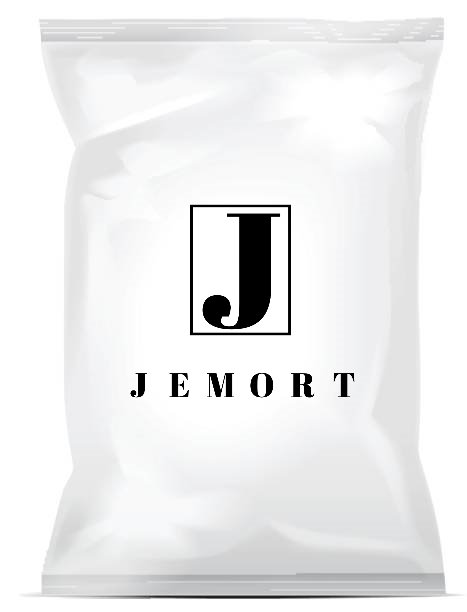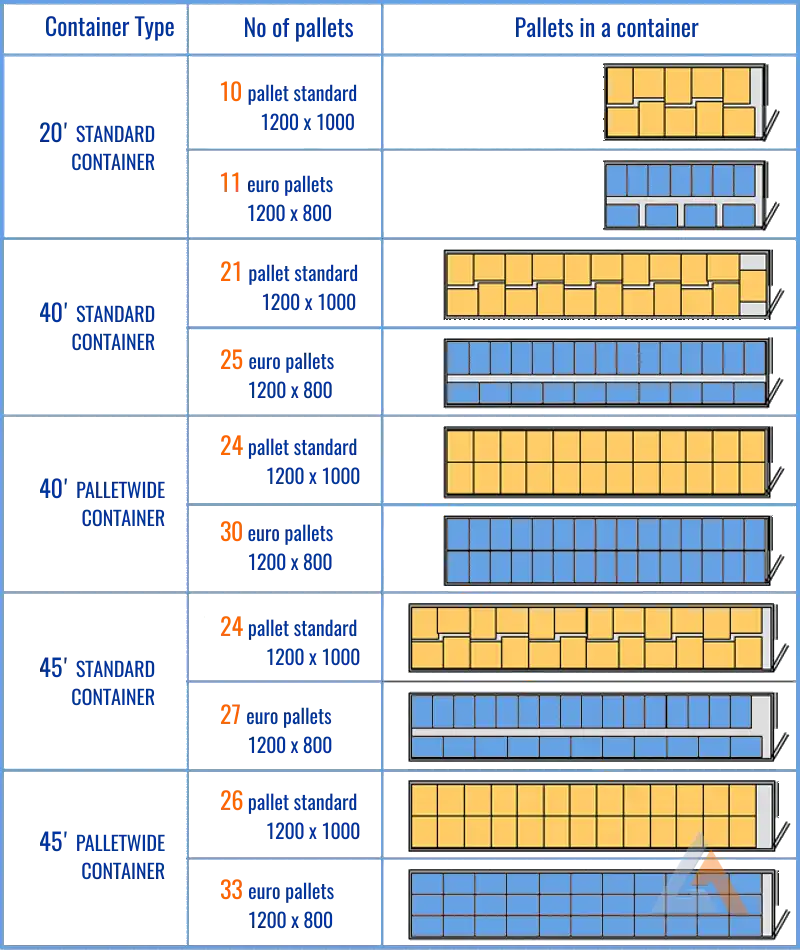Creating a private label for chips involves developing and selling customized snack products like potato chips, tortilla chips, or other varieties under a retailer’s or brand’s name. Private labeling allows businesses to offer their unique chip products without the need to manufacture the chips themselves. Here’s an overview of the private label process for chips:
- Product Selection: Decide on the type of chips you want to create, such as potato chips, corn chips, or other snack varieties. Consider factors like flavor preferences, dietary restrictions (e.g., gluten-free), and target audience.
- Recipe Development: Collaborate with experts to create or customize the recipe for your chips. This includes selecting ingredients, flavors, seasonings, and cooking methods to achieve the desired taste and texture.
- Packaging Design: Design the labels, packaging, and branding for your chip bags or containers. Eye-catching packaging and clear product messaging can help your products stand out on store shelves.
- Chip Production: Partner with a manufacturer or snack processing facility that specializes in producing chips. They will slice, fry or bake, season, and package the chips according to your specifications.
- Quality Control: Implement quality control measures to ensure that the chips consistently meet your flavor, texture, and overall quality standards.
- Regulatory Compliance: Ensure that your chip products comply with relevant food safety, labeling, and packaging regulations. This may include nutritional labeling and ingredient declarations.
- Distribution: Distribute the private label chips to your retail locations, convenience stores, supermarkets, or other sales channels.
Private label chips offer businesses an opportunity to provide customers with a unique and branded snack option. Emphasize the quality of ingredients, unique flavors, and the convenience of your branded chips when marketing them.








